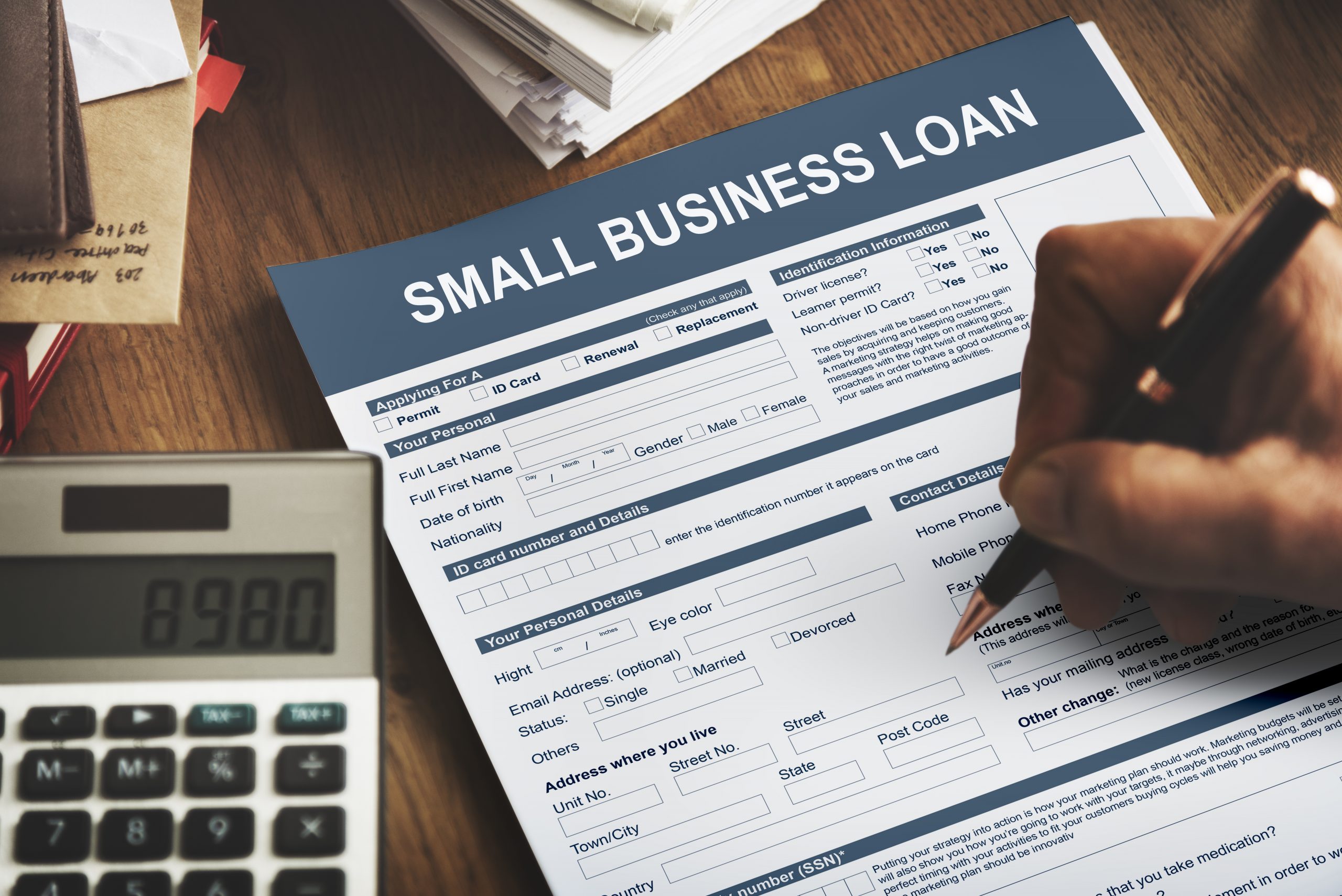Having a good credit score can mean the difference between success and failure when it comes to your business. The good news is that it’s pretty simple to get a good credit score. The bad news is that if it goes down, you’re going to have to work (maybe even work hard) to repair it. If you’re trying to understand what a credit score is and how it impacts your business, you’ve come to the right place. Read on to learn about what the mysterious FICO score is and how it can help – or harm – your business.
What is a FICO Score?
FICO stands for Fair, Isaac and Company. It was created in 1956 to measure consumer credit risk. In 1989, it made its credit score model available. Today, it is the standard method for determining the credit score of a potential borrower. There are actually many different types of FICO scores. By some counts many as forty-nine! The base FICO score is the one most widely used, but if you are applying for a specific type of loan, the lending agency may opt for a FICO score that calculates the score using a more select set of parameters. For instance, if you wanted to take out a mortgage on a new home, the bank my look at your FICO mortgage score. If you wanted to buy a new car, your FICO auto score would be more relevant. There are different FICO scores for personal finance, bank cards, and for installment loans.
A basic FICO score is calculated to fall within a range of 300 to 850 points. The higher the score value, the less risk there is in lending to that individual. There are also FICO scores that are applicable to different industries including financial services, health care, insurance, automotive, public sector, retail, pharmaceuticals, telecommunications, travel and hospitality, media and entertainment, high tech and utilities. Scores specific to an industry can range between 250 to 900 points.
The precise method for calculating a consumer or business’ FICO score is kept secret. FICO has disclosed the importance of several factors that help determine your score. These include your payment history (35%), debt burden (30%), the length of your credit history (15%), the different types of credit you use (10%), and your recent credit searches (10%).
The last category causes the most concern because people usually misunderstand it. FICO has clarified that there are factors beyond the search, such as the number of searches in a given time, or when the last time a search was performed, that do not impact the score. This is especially important information for consumers who are looking for the best loan rate they can get for a new car or mortgage. Having a good credit score is important when you are looking to make a large purchase, like a car or a home. It will probably be the first thing a bank loan officer looks for before discussing a loan with you. A good credit score (usually considered above 600) can help you get a personal or business loan with better terms than you would be offered if you have a bad credit score. If your credit score is really low, you may not be eligible for a loan at all because lenders will consider you too much of a risk.
Who Creates FICO Scores?
There are three main US credit bureaus: TransUnion, Experian, and Equifax. Each of these bureaus use FICO-specialized software to calculate your FICO score based on their own data. They then sell access to the FICO scores to different lending institutions, as well as insurance companies and potential employers who may want to use a FICO score to determine the eligibility of a candidate for a position within the company.
Banks and other companies that may be interested in your credit score can choose which FICO score to use in determining your eligibility from one of the three US credit bureaus, or may choose all of them, at their own discretion.
Equifax
The Equifax credit bureau was founded in 1899 and is based in Atlanta, Georgia. They provide FICO scores under the product names “BEACON” and “Pinnacle.” Depending on what assets you own, Equifax will provide lenders with your FICO score, which will help them determine your eligibility or approval for a loan.
TransUnion
This credit bureau was founded in 1968 and is based in Chicago, Illinois. They operate in over 30 countries around the world. The FICO scores provided by TransUnion are known as “FICO Risk Score, Classic” and “FICO Risk Score, Nextgen.”
Experian
The newcomer to the credit bureau world, Experian was founded in 1996 and has their world headquarters in Dublin, Ireland, as well as other headquarters in the UK, United States, and Brazil.
When Bad Things Happen to Good People
Credit scores are only as good as the data they’re based on. Unfortunately, data error can and does happen, and this can negatively impact your FICO credit score. The credit bureaus maintain data on billions of consumers, and while one data error may be insignificant to them, it could wreak havoc with your credit score. In one frightening potential scenario, you may have finished diligently paying off a small business loan, but the loan is never reported as repaid to the credit bureaus. While you don’t owe the bank any more money, the credit bureau only sees that you are no longer making payments on the loan, and that will cause your score to drop.
Another surprising thing that can impact your credit score is identity theft. If you are a victim of identity theft, your personal information can be used to open lines of credit or get credit cards that the criminal will max out with no intention of repaying. This could severely damage your credit score for a very long time. Fortunately, each of the credit bureaus provide tools to consumers to help protect against identity theft.
Knowledge is Power
According to US law, you can check your FICO score at each of the “big three” credit bureaus once a year for free. They each provide a paid subscription service that will allow you to check it more frequently without it impacting your credit score.
As a consumer, it is your responsibility to know your own credit score as well as the credit score for your business and to correct any mistakes that may appear on your credit report. Some credit cards provide your FICO credit score on your statements. There are numerous sites online that can give you your FICO credit score for free or a nominal payment. If you notice that your credit score changes suddenly, you might want to check with your credit card company, bank, or online credit score reporting websites and get to work fixing your credit right away.





